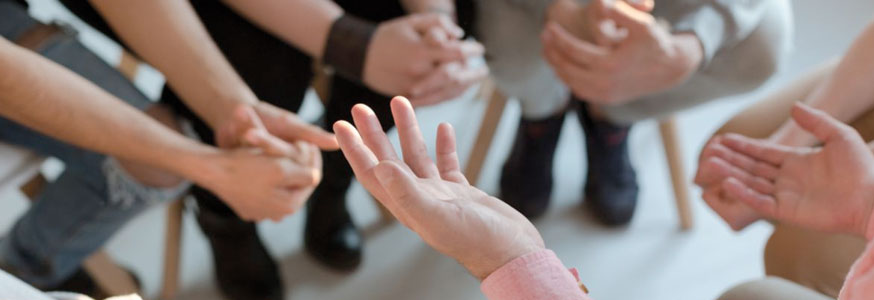Free, Charity & Low Cost Rehab

Charity Rehab Clinics
For many people considering entering rehab for drug or alcohol addiction, there are many important factors to consider. Some worry about the effect it may have on their health or wellbeing, while others worry, they might not make it through to the end. However, while contemplating moving forward with a rehabilitation program, many have more fiscal concerns. They may question whether they can afford to go into rehab if they must pay. Fortunately, there are some charitable organisations providing the same level of care as a private clinic; available at a reduced rate or for no charge. If you do not have the resources to receive private care, you can profit from free acute treatment, otherwise known as charity rehab.
A more widespread practice, receiving funding from donations by corporations and wealthy individuals, it has become a viable option for people who may struggle to afford private treatment. Furthermore, one of the biggest concerns of charity rehab is the fact availability may be limited, as charities may inherently struggle for financing. However, those charities providing drug or alcohol rehab can offer both residential and outpatient treatment, to aid in your recovery.
Treatment on NHS
You are entitled to treatment on the NHS, just as if you suffered from any other health complaint. It may seem fundamental, but your first step may be to make an appointment with your GP, where you can talk about your issues with drugs or alcohol and your doctor.
Your General Practitioner can refer you to a series of counselling sessions with an NHS advisor, usually more acquainted with general counselling. There are usually eight sessions in all, available free of charge so there may be a large waiting list, extending a period of two months or more. There may also be local drug or alcohol services and support groups in your area which your GP may help you get in touch with, or may refer you to, or you may refer yourself.
The majority of local drug and alcohol services offer numerous low-intensity therapeutic interventions like key working and holistic therapies, along with arranging access to a drop-in centre or a referral to another service, concentrating on drug or alcohol addiction. Keyworkers can arrange reduction plans to help decrease drug intake, while recovering addicts can be prescribed substitute drugs in place of illegal narcotics, like taking methadone instead of heroin.
However, on the other hand, gaining access to rehab on the NHS is not a simple proposition, only applicable to extreme or critical cases of drug or alcohol addiction. It may involve applying for a government grant to receive financing for treatment, which can be a difficult drawn out procedure.
If you are looking for another option, there are a wide range of self-help groups and charitable organisations which could allow you access to addiction treatment.
Community Addiction Teams & Drug & Alcohol Teams
Many people are turning to what are referred to as CATs “Community Addiction Teams”. These are ground-breaking services in your area which combines Health Addiction Services and Social Work Addiction Services in the same team. Providing you with the opportunity to get in touch with the Community Addiction Team if you have difficulties with drugs or alcohol, and they can organise a meeting with the worker best suited to help you, such as an Addiction Worker or an Addiction Nurse. They could advise you on consulting with doctors, psychiatric specialists or occupational therapists regarding your treatment.
A CAT is known to enhance the quality of drug or alcohol services and giving you more of a say in the managing of your treatment, as well as letting you offer feedback on the service. CATs will also carry out an in-depth assessment, evaluating the support you require, to find the right treatment. You can receive care on an individual or group basis, assist with any health problems which may be attributed to your addiction and offer support to your friends and loved ones, and arrange further help amongst other areas.
Alcohol & Drug Partnerships
Another initiative being brought in to assist people dealing with addiction at a local level is an Alcohol and Drug Partnership, or an ADP. A multi-agency group originally entrusted by the Scottish Government to deal with drug and alcohol problems by way of working in partnership with different organisations, as well as involving the wider community. A project where original members operate in conjunction with each other, be it the statutory, voluntary and private sectors. These include Glasgow City Council, NHS Greater Glasgow and Clyde (NHSGGC), and Police Scotland, amongst other organisations.
An ADP is a concerted effort by various branches teaming up, in the interests of health and social care, to tackle the issue of addiction and support drug and alcohol services in the area, with funding being available by the government.
If you are considering enter rehab, then it can be tough enough without worrying about if you can afford to go. However, don’t give up hope. There is always a solution and you should be aware of the various charitable organisations who could provide you with a lifeline and offer you the support you need.